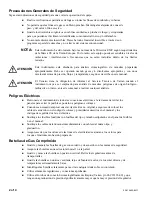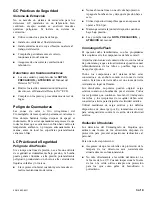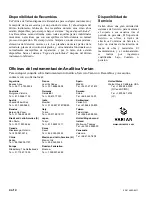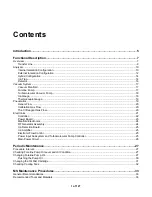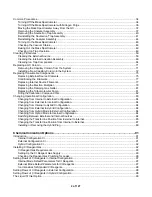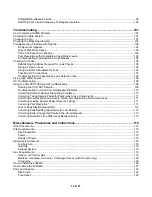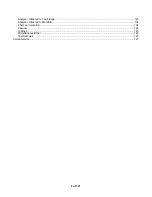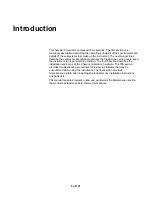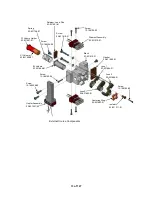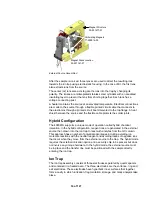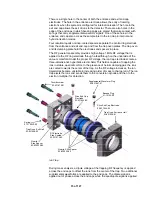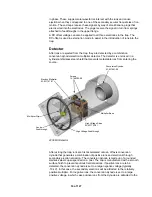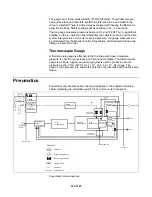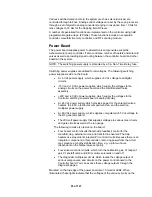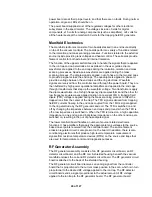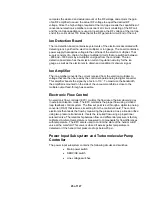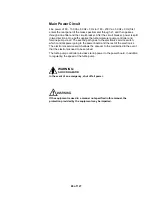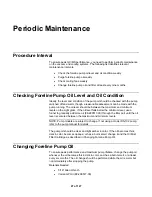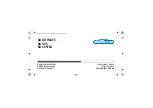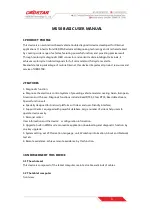
sample molecules (or of the reagent gas molecules in the case of chemical
ionization).
External Ionization Configuration
In external ionization configuration, either positive or negative ions are generated
outside the trap in an external source and then injected into the trap. The
external source is also used to produce reagent ions for hybrid ionization, which
then ionize the sample inside the trap. The external source is an assembly that
consists of an ion volume surrounded by two filament assemblies, a set of
lenses, a collimating magnet, and a heater, all supported by a source block.
The sample enters the source volume where it is ionized. Both low and high
pressure ion volumes are used by the system. Electron ionization (EI) uses the
low pressure volume. Chemical ionization (CI) uses the high pressure volume.
Both volumes are thin stainless steel cylinders that are chrome plated to
minimize any reactions with the sample. The low pressure volume is open at the
end facing the trap. The high pressure CI volume is sealed at that end with a
small hole to allow ions to be entrained in the gas stream that flows from the
volume. Both volumes have additional holes to allow ionizing electrons and the
sample to enter. The CI volume also has an opening for the CI reagent. When in
use, the CI volume is inserted into the EI volume by a pneumatically-activated
plunger which is controlled by the software.
The sample in the case of EI or reagent in the case of CI is ionized by electrons
generated by one of two filament assemblies. Each assembly has a rhenium
filament sandwiched between a repeller plate and electron lens, all supported by
a ceramic base. The filament generates electrons through thermionic emission
resulting from the heat generated by current flowing through the filament. During
ionization, the repeller is set to a negative voltage and the electron lens to a
positive voltage to gate electrons into the source. When ionization is not taking
place, these voltages are reversed to prevent electrons from entering the source.
This patented pulsed ionization technique reduces ion noise during mass
scanning and also reduces contamination of the ion volume. The repeller and
electron lens voltages need to be properly balanced, using an Auto Tune routine,
to keep the electron current stable during switching. In addition to gating
electrons into the ion volume, the electron lens also focuses the electron beam.
To collimate the electron beam further, two magnets adjacent to each filament
assembly collimate electrons into the source.
12 of 127
Summary of Contents for 4000 GC
Page 4: ......
Page 40: ...6 of 127...
Page 77: ...3 Check source connection pins for proper alignment and straighten as necessary 43 of 127...
Page 124: ...90 of 127...
Page 148: ...114 of 127...

